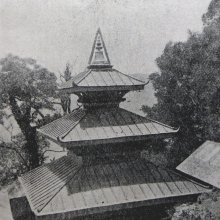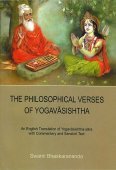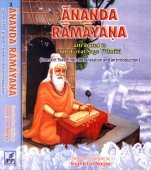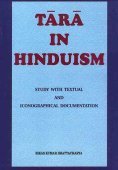Bengali: 1 definition
Introduction:
Bengali means something in the history of ancient India. If you want to know the exact meaning, history, etymology or English translation of this term then check out the descriptions on this page. Add your comment or reference to a book if you want to contribute to this summary article.
Images (photo gallery)
India history and geography
Source: Cologne Digital Sanskrit Dictionaries: Indian Epigraphical GlossaryBengali.—Anglicised spelling of Vaṅgālī; the name of the people, language and alphabet of Bengal. Note: bengali is defined in the “Indian epigraphical glossary” as it can be found on ancient inscriptions commonly written in Sanskrit, Prakrit or Dravidian languages.

The history of India traces the identification of countries, villages, towns and other regions of India, as well as mythology, zoology, royal dynasties, rulers, tribes, local festivities and traditions and regional languages. Ancient India enjoyed religious freedom and encourages the path of Dharma, a concept common to Buddhism, Hinduism, and Jainism.
See also (Relevant definitions)
Full-text (+970): Nishinda, Aparahnera-ababhasa, Kal Purush, Ababhasa, Gopinatha, Atisha, Jayanarayana, Taka, Vanga, Dhane, Vamga, Jovan, Gaudhara, Gaudheya, Gaudhera, Vang, Vidvadranjana, Kathgolop, Bhanga, Kuchi.
Relevant text
Search found 77 books and stories containing Bengali; (plurals include: Bengalis). You can also click to the full overview containing English textual excerpts. Below are direct links for the most relevant articles:
Folk Tradition of Bengal (and Rabindranath Tagore) (by Joydeep Mukherjee)
Chapter 2.2 - The Baul philosophy and Theory of Lalon
Chapter 2.4 - The Bauls of Birbhumi, Birbhum
Chapter 1.5 - Introduction of Tradition and Baul as a ‘tradition’
Chaitanya Bhagavata (by Bhumipati Dāsa)
Verse 1.8.187 < [Chapter 8 - The Disappearance of Jagannātha Miśra]
Verse 1.9.157 < [Chapter 9 - Nityānanda’s Childhood Pastimes and Travels to Holy Places]
Verse 2.9.82 < [Chapter 9 - The Lord’s Twenty-One Hour Ecstasy and Descriptions of Śrīdhara and Other Devotees’ Characteristics]
Western Influence on Bengali Literature < [September-October 1933]
The Indian Scene < [July – September 1973]
The March < [January – March, 2002]
Dipavamsa (study) (by Sibani Barman)
Rasa Jala Nidhi, vol 5: Treatment of various afflictions (by Bhudeb Mookerjee)
Part 17 - Chemists of the Metallic School: Nagarjuna < [A Brief History of Indian Chemistry and Medicine]
Select opinions on Rasa-jala-nidhi
Part 25 - Ar-Razi and the Indian knowledge of metallic chemistry < [A Brief History of Indian Chemistry and Medicine]
Chaitanya's Life and Teachings (by Krishna-das Kaviraj)
Related products




